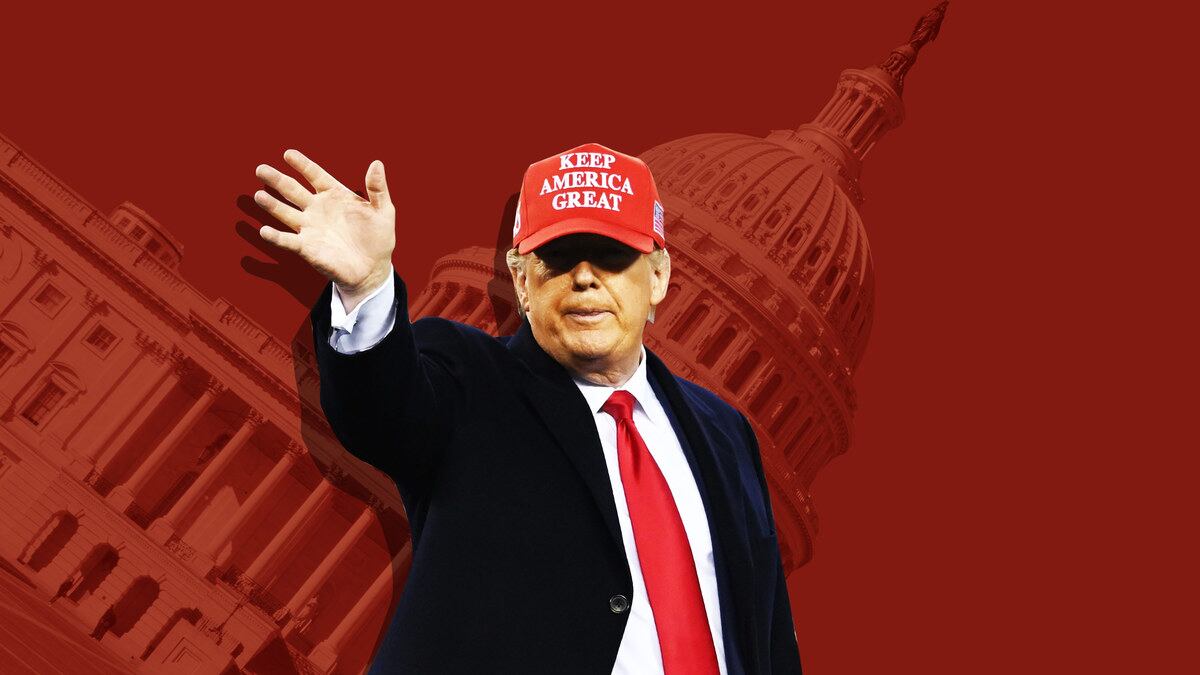Congress
Photo Illustration by The Daily Beast/Getty
Dem Fantasy Fades. Senate GOP Won’t Rescue Them on Impeachments
JANUARY BLUES
Until this week, there was hope that a few moderate Republicans could be counted on to help make the case against Trump. That hope is fading—fast.

Trending Now





